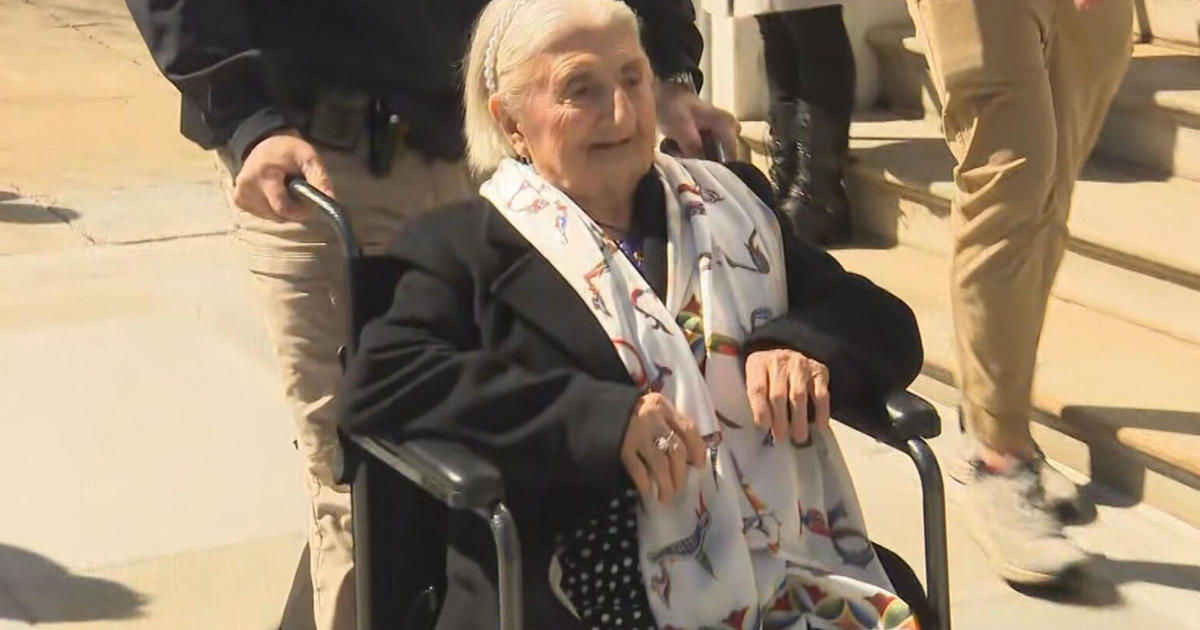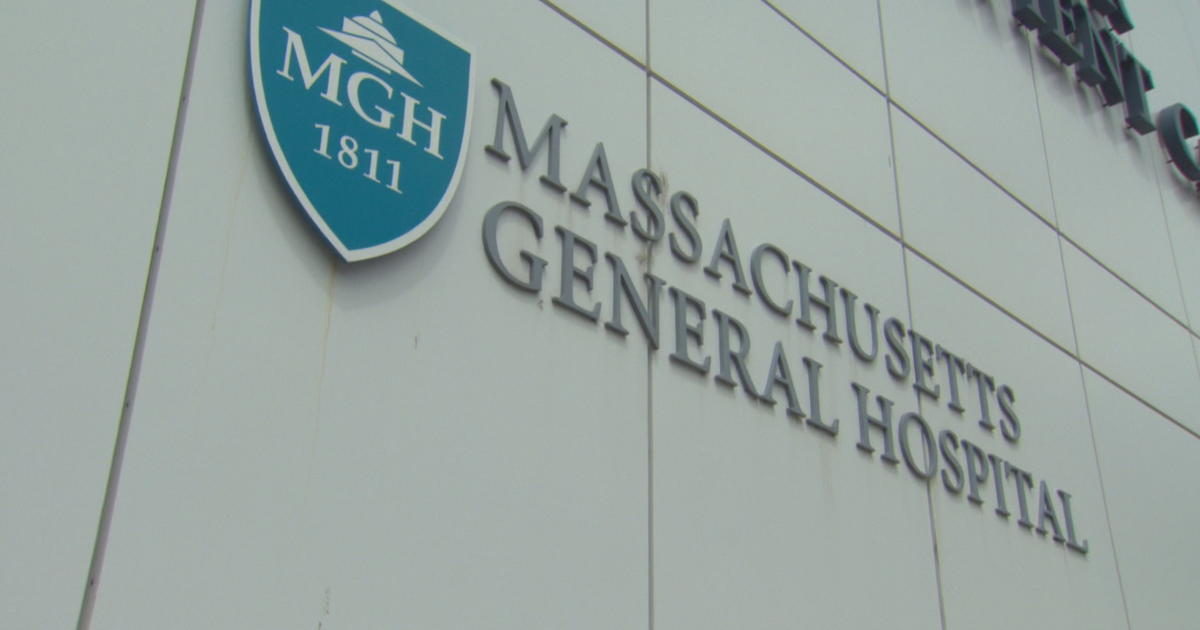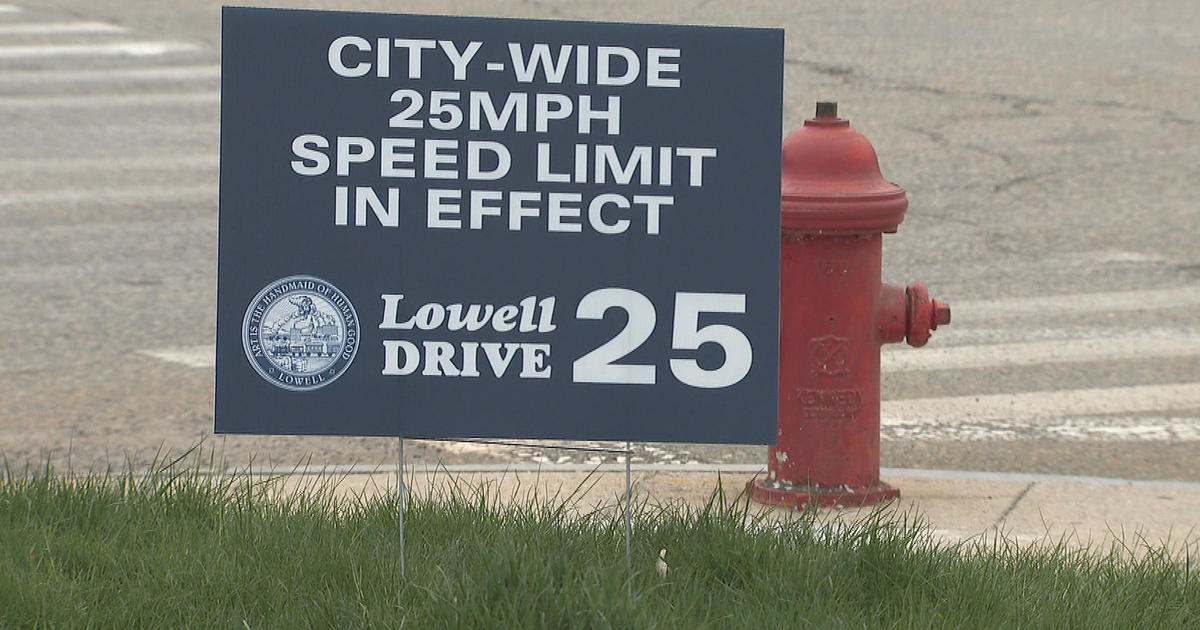Boston Archdiocese Plans Parish Reallignment
BOSTON (AP) — The Archdiocese of Boston on Wednesday released a plan to strengthen its evangelical outreach and troubled finances by splitting its 290 parishes into 125 groups that share staffing and resources.
The parishes within the groups, called pastoral collaboratives, would retain their individual identities, with each keeping control of their assets, according to the plan.
But the parish groups would be run by a team of clergy, lay ministers and combined councils, with one pastor given leadership over the group. The groups would collectively make decisions, such as whether to merge redundant programs, shift Mass schedules or recommend the archdiocese move to close unneeded church buildings.
The proposal, in the works since January, aims to cut costs in an archdiocese where 40 percent of parishes can't pay their bills and Mass attendance has dropped to a scant 16 percent of local Catholics.
Monsignor William Fay, head of the 18-member Archdiocesan Pastoral Planning Commission, said the church's focus on its faith has been blurred by a preoccupation with maintaining an outdated parish structure, which its shrinking numbers and pastoral staffs can't support.
The new model is the best chance to revitalize the archdiocese's outreach and parish life, said the Rev. David Couturier, of the archdiocese's pastoral planning office. More efficiency will help the church refocus on its Christian message, which will draw people back to parishes, he said.
"Crisis management is not sustainable," he said. "What is sustainable, and what can energize this diocese, is a mission-oriented model."
All archdiocesan priests will meet Monday in Randolph to discuss the plan with church officials. Parishioners will be consulted throughout coming months. The changes, if accepted, will take three to five years to be installed.
Staffers whose jobs are eliminated when the parishes are grouped will be offered severance and other support, according to the plan.
The plan comes seven years after the archdiocese began broad closings that reduced the number of parishes from 357. Some parishioners say healthy parishes were sold off in a money grab to pay for the archdiocese's settlement with clergy sex abuse victims, which the archdiocese has repeatedly denied.
Peter Borre, a leader of the Council of Parishes, which formed to fight church closings, said the new plan sets up a second round of church closings that could dwarf the first, as the new groups attempt to shed surplus church buildings.
"Inevitably, there will be recommendations for the closing of dozens and eventually hundreds of churches within the archdiocese," he said.
Borre noted the Vatican has recently refused to allow dioceses to shut down church buildings — in Springfield, Mass., and Allentown, Pa., for example. The Archdiocese of Boston's new plan puts it "on a collision course with Rome's emerging policy of protecting Catholic worship sites," he said.
The number of parishes in each of the 125 new collaboratives will range from one to four, with most containing two or three. Fay and Couturier would not say yet which parishes were being grouped together, but they said proximity to each other was a main consideration.
Also, officials tried to set up collaboratives with a combined offering of more than $500,000 annually and combined weekly attendance of 1,600, to ensure the new groups would be viable.
In moves that could head off rivalries among parishes in the new groups, they won't be named, and the pastors "ordinarily" won't have led any other parish within the group, according to the new plan.
The archdiocese anticipates some added costs with the changes, for training and other expenses, though it gave no estimate. It also expects some parishioners to leave, as inevitably happens during major changes, Fay said.
Borre said with just 40 percent of parishes paying their bills, the exit of significant numbers of parishioners threatens not just the proposal but the archdiocese.
"I think they're headed for a downward spiral," he said.
Couturier said officials didn't calculate how long the church could sustain a significant exodus of people, but the belief is those who leave won't leave for long.
Fay said if people fairly weigh the plan, they'll see its strength. He said it's not a roundabout way to close more churches, it's a viable way to keep parishes whole while building a base for broad rebirth.
Fay said he knows some parishioners and priests still may not be convinced. But he added a repeat of broad parish closures isn't an option, and neither is the status quo.
"We've got to figure out ways to work with each other," Fay said, "and to make it such that we're really advancing the mission that the Lord gave us."
Copyright 2011 The Associated Press.



